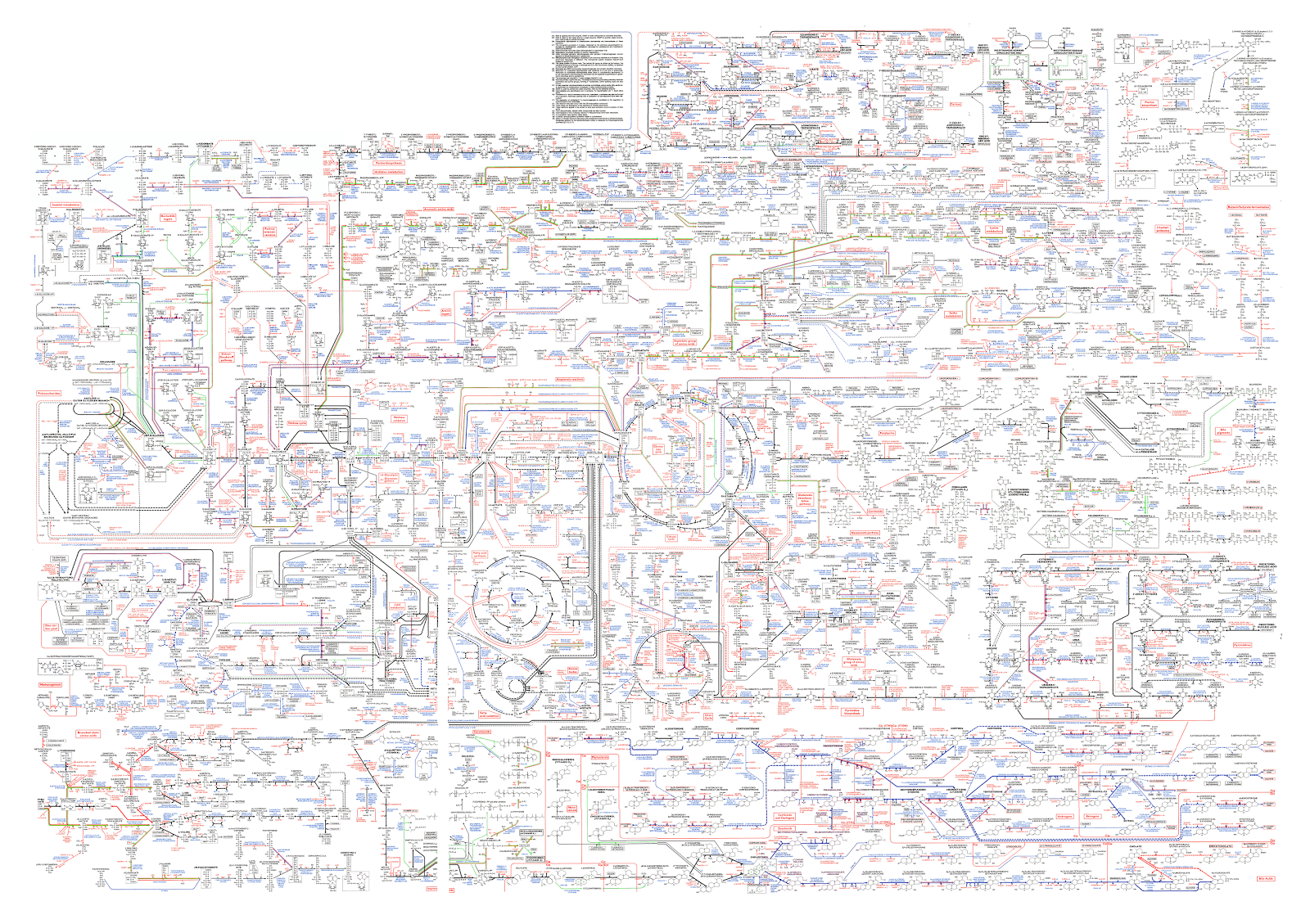What is genetics about?
A lot of people refer to genetics as the thing that describes the traits that people have, which is a really misleading way to think about it.
Another slightly more correct, but still misleading is that genes are a blueprint for an organism.
Genes control the behavior of cells not organisms.
The genetic code is really about telling cells how to behave.
If all cells have all the genes then how is it that cells behave differently.
How do they know what to be doing.
Genes are like the software for how your cell operates.
100 years ago this was unknown.
Genetics until 50 years was not understood how it works but just that there was things like inheritance.
1850-1950 was dominated by the discoveries of a monk named Gregor Mendel and the research of his into peas.
He called genes factors and knew there was something that caused inheritance.
Another thing that is really misleading is that the high school level understanding of this thing is that people talk about genes as being recessive or dominant.
It really just depends.
The key terminology to take away:
dominate and recessive as not of the gene but rather the trait
genotype is the set of information that gets inherited
phenotype is the set of traits that gets inherited
alleles is the variations in a gene
gene expression
if a particular cell is using that gene at a particular point of time
it was realized that whatever the mechanism for whatever these alleles where that the information existed in the nucleus of a cell and existed in things called chromosomes.
there isn't much correlation between the number of chromosomes and the complexity of the organism.
23 pairs of chromosomes (23 from mother, 23 from father)
for each sperm and egg created, they have one of the two pairs for each chromosome.
imagine 46 floppy disks, but they come in pairs.
when a sperm is made, for each of the 23 pairs, you pick one of the pairs, ending up with 23 floppy disks.
same for the egg.
when the egg is fertilized, you have 46 disks again.
sometimes bytes from two disks trade places, but pretty much all the alleles (bytes) on the disk travels together.
this is the understanding of things through 1950s
biochemistry
there were various processes that happened. some scientists believed there something happening beyond chemistry to make the processes happen.
fermentation was one such process
this spontaneous creation of alcohol and particle was something beyond chemistry, some "life giving force".
Edward Buchner discovered, and won a nobel prize for it, that yeast was getting into the juice from the air and it was converting the juice to alcohol. he called these particle enzymes.
Yeast was understood as a substance but then it became known that it was actually a living thing.
Buchner discovered that it was something inside the yeast, not the the yeast itself. he was able to extract a chemical from the yeast and reproduce fermentation with it.
The key thing about enzymes is that some chemical reactions happen when two substances just combine.
But the vast majority of things need a catalyst.
An enzyme is a protein that acts as a catalyst.
The first hint that genetics and biochemistry was a discovery / realization that there were certain people that failed to undertake certain reactions in their bodies and it was genetic.
This was first was noticed in this condition that was inheritable that caused black urine.
The biochemists worked out that their was a process in your body that breaks down a substance and if it doesn't break down the urine is black.
For certain people without this enzyme the urine isn't broken down.
People started putting things together and seeing that genetics and biochemistry were related due to black urine. :)
Back to genetics for a bit.
If you've got two genes on chromosome 6, they are most likely to be inherited together because they are on the same chromosome.
Sometimes, however, sometimes genes from each pair of chromosome merge. The greater distance between genes on a chromosome the greater the chance that swaps occur between two pairs.
Before anyone knew about DNA, it was understood that genes existed on chromosome.
This was done from correlations and statistics in observations in fruit fly traits.
Meanwhile, biochemists were building up biochemical pathways.
In each cell there are 100s of different chemical reactions happening.
Biochemists worked out that strange things that happened like black urine were because arcs in the biological pathways were broken for some reason.
Biological Pathways Poster:

The discovery of DNA was the sudden realization that the biochemistry processes and genetics were directly linked.
What DNA provides is the recipe for making proteins (mostly enzymes).
What determines if a particular pathway is happening is the required enzyme is around and if it's around depends on if it's being required by the DNA. This production of the proteins by DNA is gene expression.